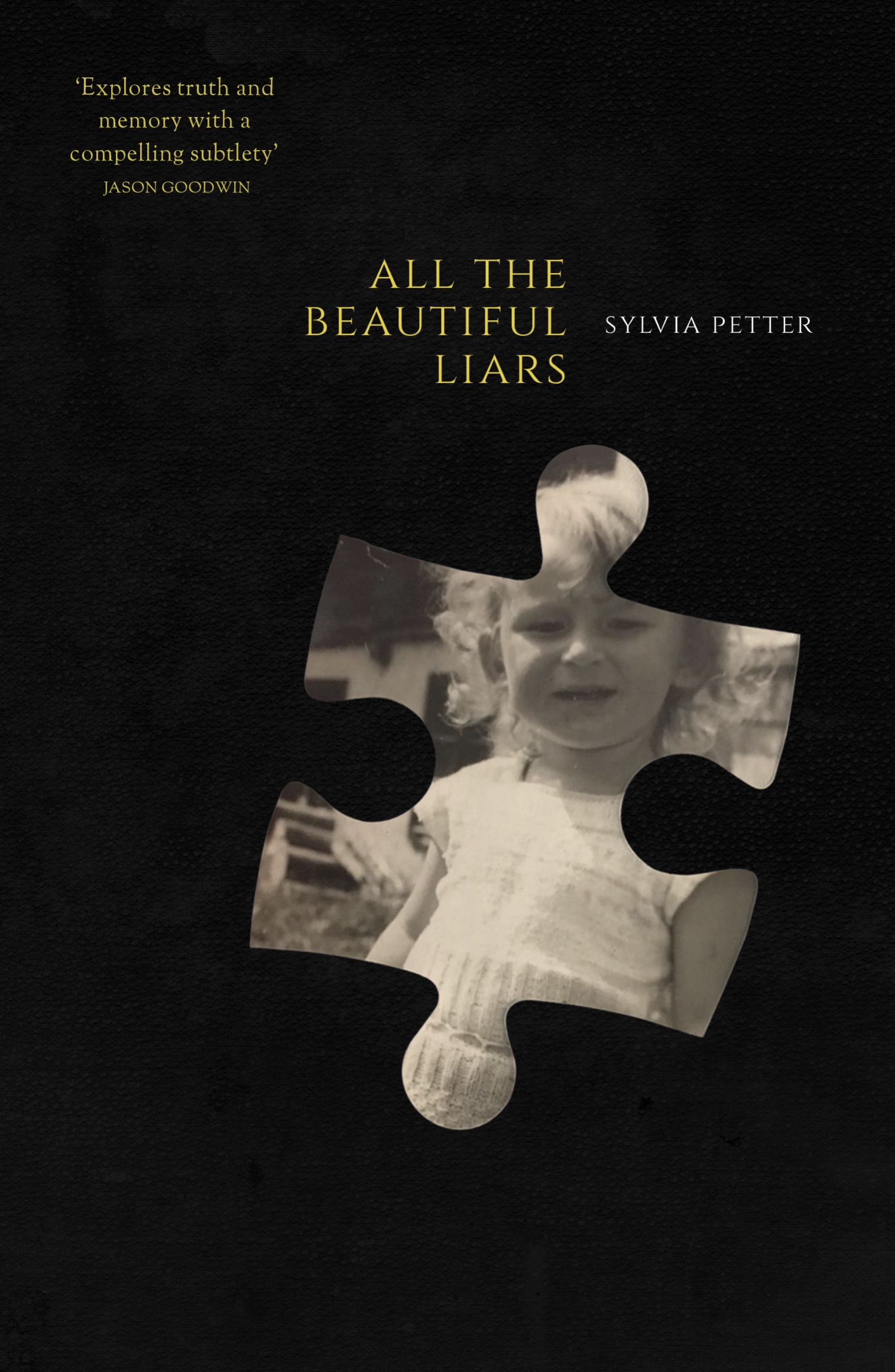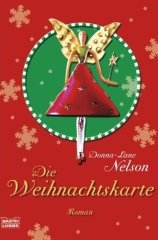Friederike Mayröcker does not write short stories, but that was the whole point of inviting her to read at the Short Story Conference in Vienna last year. The theme of the conference was “unbraiding the short story”, a theme suggested by a North American writer, intended to portray three strands in a plait: history, psychology and technique – if I remember rightly. But Wien ist anders! Vienna is different! Just look at the plaits in Sissi’s hair. Unbraid them and you get tendrils going all over the place, opening up to a myriad of creative opportunities, the recent rise of flash fiction being just one. And that was the argument I used to convince Friederike Mayröcker to be part of the conference and the plenary on Austrian Literature, plenary that included the novelist and short story writer, Doron Rabinovici. At that plenary, moderated by Anne Zauner of the Literaturhaus, the particular situation of the Austrian short story was indicated: the need to first break the language to free it from the burden of recent history and then start again. But Mayröcker went her own way, never looking back, always forward, each day confronted with a new page.
Some writers always write the same story. Mayröcker writes something new with each new page. She writes every day, enjoys Bach, Glenn Gould and Procol Harum, and has a soft spot for Snoopy.
Some of Mayröcker’s work has been translated into English, but you have to look for it.
Marina Warner, in a recent article in The Guardian calls for more works to be translated into English. May works that do not fall easily into the boxes constructed as genre labelling also be considered.
Many short story writers don’t just write short stories. Some are poets, novelists, playwrights. At the Vienna conference, Mayröcker, who understands English, had a poetic exchange with the Australian, poet and short-story writer, Andy Kissane. Ah, again the Austr(al)ian connection.
And so it was that I was moved and honoured to be able to witness Friederike Mayröcker being made a citizen of honour of the City of Vienna on 3 June. The honour has been awarded since 1799; Mayröcker is one of five women, but the first woman writer.
I was particularly struck by the atmosphere of an audience of well-wishers, by the speeches, obligatory, yes, but ones that had been carefully thought out and came from the heart, by the interludes of Bach, and the fact that it was in this room, the Roter Salon of Vienna’s Town Hall that Austria’s neutrality was proclaimed in 1945.
The event was one that moved me, especially in these times of right-leaning politics that threaten our humanity, both in Austria and Australia. Onwards!




Little girls sport braids and weigh their words. Creative ladies let their hair down and allow words the right of way.
Thanks, Sophie, for your comment. I guess it was made with a wink. I think both do both re hair and words. One doesn’t cancel out the other. I guess I’m fearful of the constraints of genre, our need to contain and label, for whatever end. FM weighs every letter, every bit of punctuation. The first drafts of all writers just hang out, then they are weighed and sculpted into what the reader eventually sees.